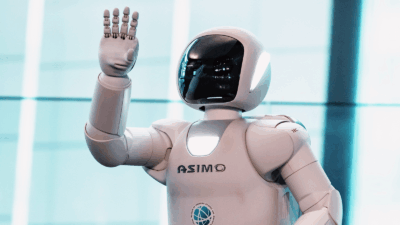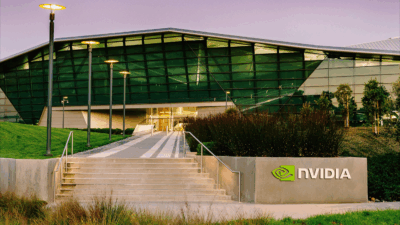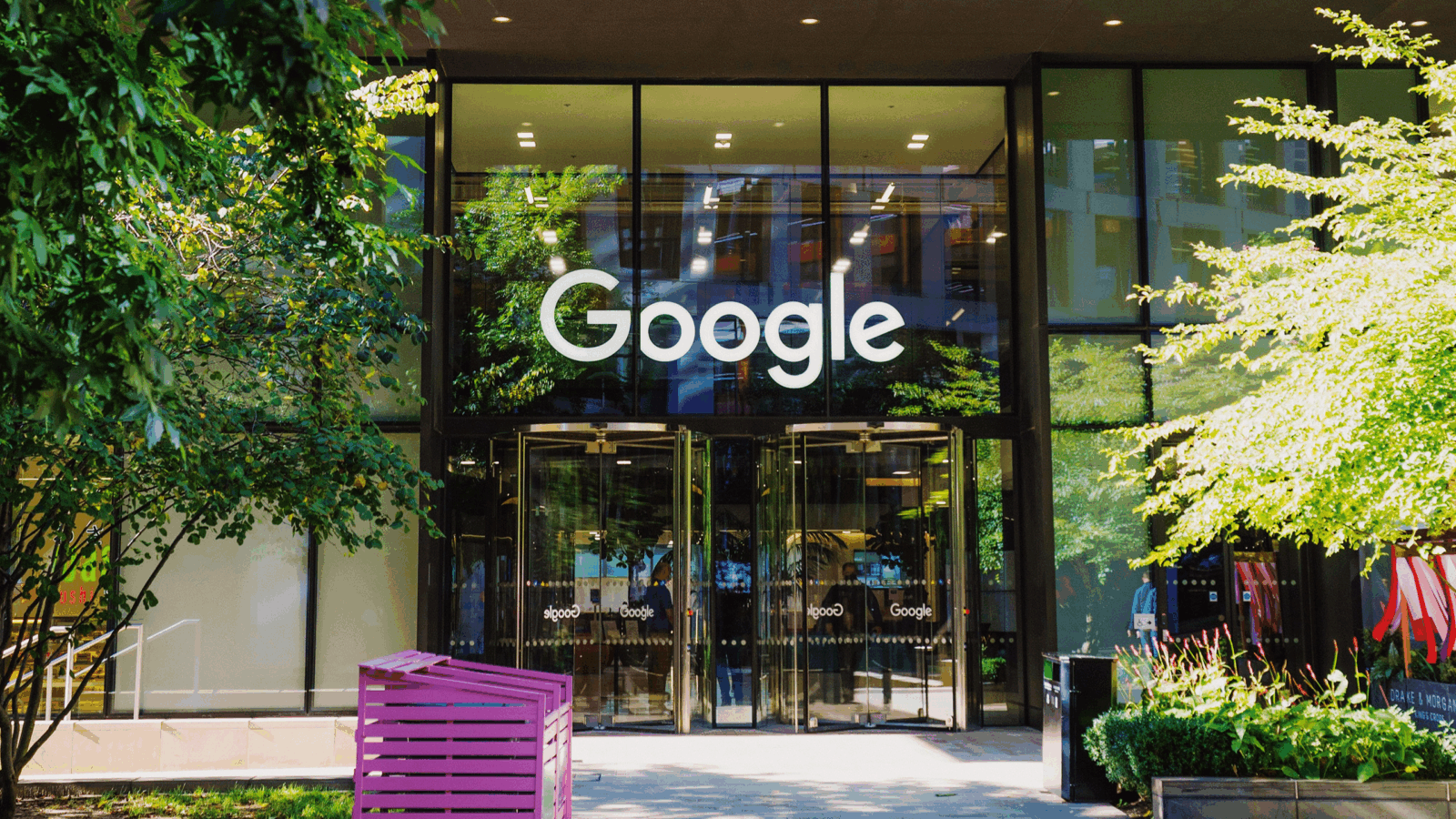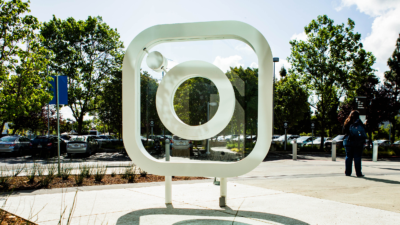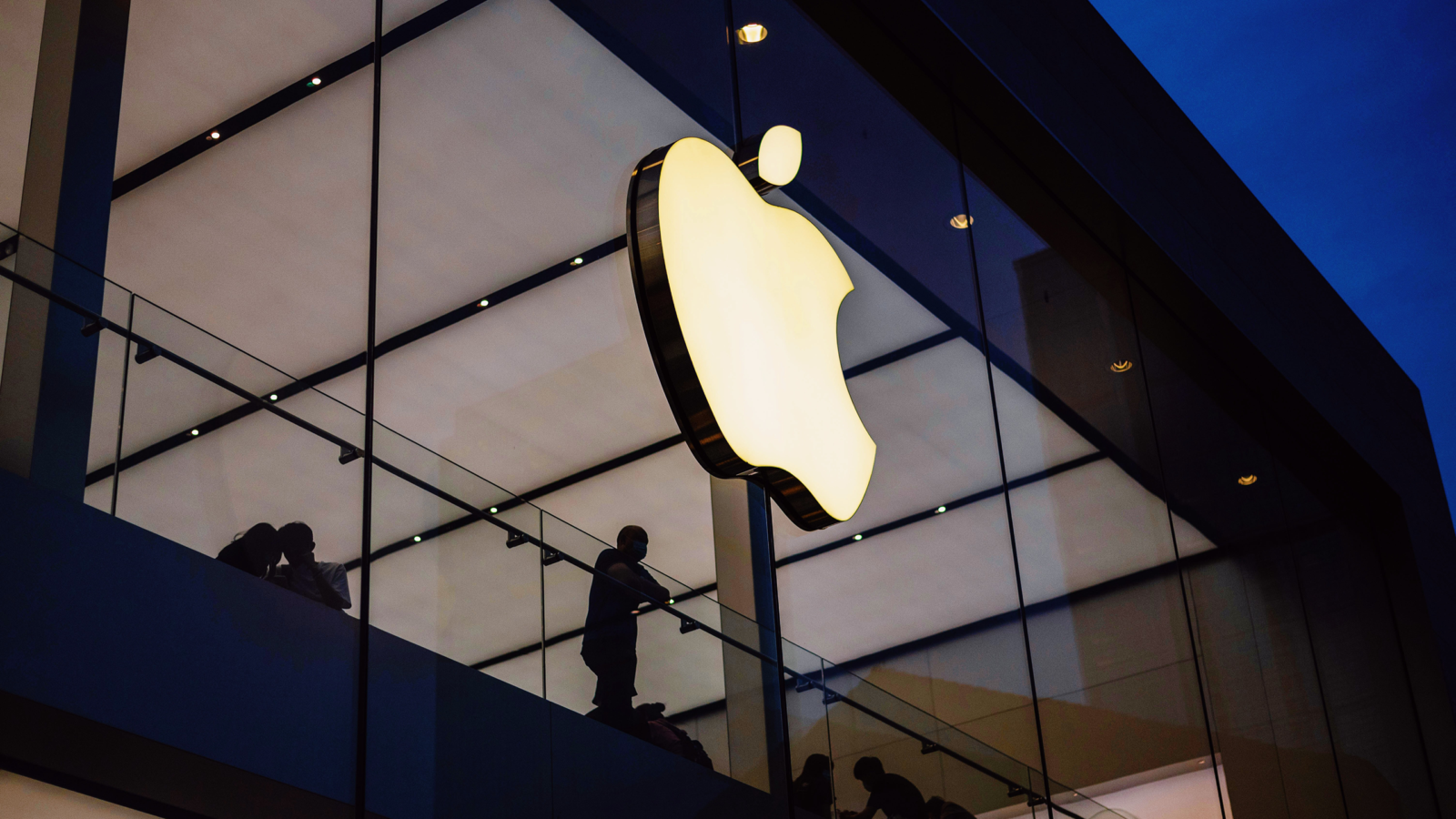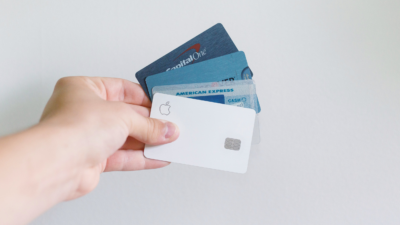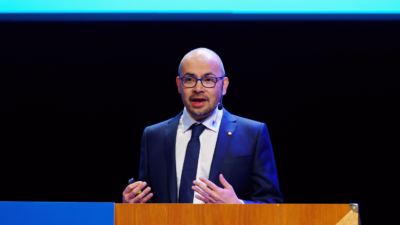What Does Google’s Search Monopoly Mean in the Age of AI?
Back in 2020, Google’s huge market share of the internet search market hovered at about 92% by most metrics
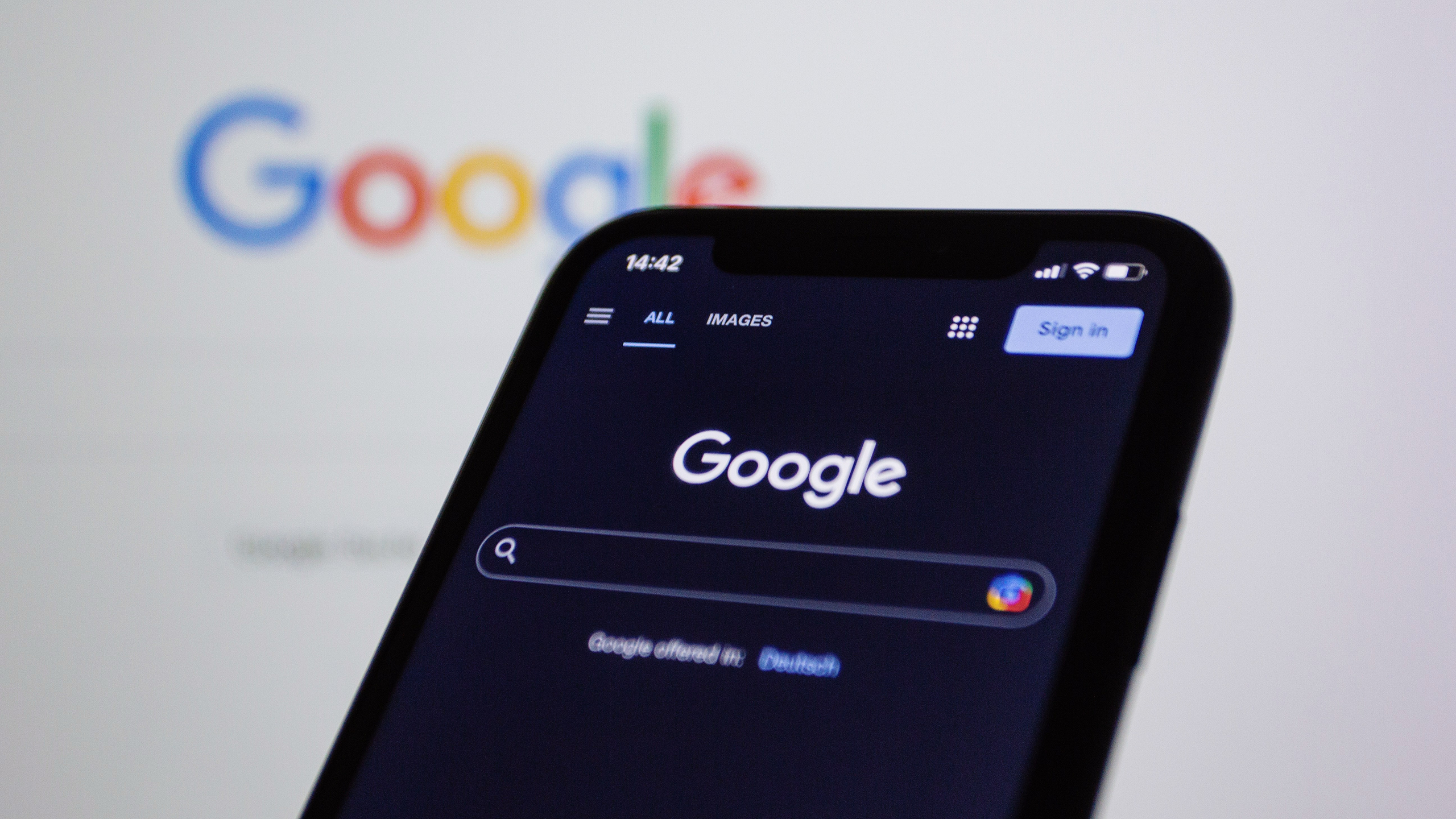
Sign up for smart news, insights, and analysis on the biggest financial stories of the day.
Five years can seem like a century in technology terms.
When the US Department of Justice first formally accused Google of operating an illegal monopoly in the search market back in 2020, ChatGPT was still a sci-fi dream and Gen Z was just starting to trawl TikTok for makeup tips and local restaurant recommendations. The government finally won that case back in August, and today, it enters the second week in a three-week follow-up trial to determine remedies for Google’s search monopoly. But one key question looms over everything: What does a search monopoly even mean in the new era of AI chatbots?
Chatbot With Me
Back in 2020, Google’s ironclad control over how users search the internet was pretty clear. Its market share over search hovered at about 92% by most metrics; its next closest competitor, Bing, was at under 3%. And the DOJ has successfully argued that Google achieved said market stranglehold via anticompetitive business practices, such as paying Apple billions of dollars per year to be the default search engine on its devices and funneling users in the Google ecosystem to its Chrome browser, where, of course, Google is the default search engine (which is why forcing the sale or spin-off of Chrome is one of the DOJ’s chief goals in the remedy phase of the trial).
In 2025, the state of play is a little murkier. Google’s lawyers argue that the rise of chatbots is proof that competition is healthy, and said remedies would be tantamount to “handouts” to AI rivals. But it’s still unclear just how big a competitor AI is. A September survey conducted by Evercore found 8% of 1,300 respondents cited ChatGPT as their primary search engine, up from 1% just a few months prior. A March analysis found Google search handles 373 times more queries than ChatGPT.
For its part, the DOJ has argued in the remedies phase of the trial that AI chatbots are just another space that Google can use its vast capital and resources to dominate, if left unchecked. In fact, prosecutors allege it’s happening already:
- Last week, the DOJ pointed to a new agreement in which Google pays Samsung “enormous sums” every month to have the Google Gemini AI app installed on Samsung devices, mirroring the Apple Search agreement.
- Similarly, an executive from Perplexity AI testified last week that Google’s device exclusivity deals effectively blocked the startup from making an agreement with Motorola to have its AI app pre-installed on that company’s devices. On Thursday, Perplexity announced it had finally struck a deal Motorola, which its CEO told The Verge could not have happened “if Google had not gone through the DOJ trial.”
“This court’s remedy should be forward-looking and not ignore what is on the horizon,” DOJ attorney David Dahlquist said in his opening statement last week.
Up For Sale: If the court ultimately rules that Google must sell its Chrome browser, a few potential buyers are already lining up to make a bid, including OpenAI and Perplexity, which both admitted in court last week that they’d be interested. In other words: The end of one antitrust trial may just open the door for another one, 10 years down the line.

